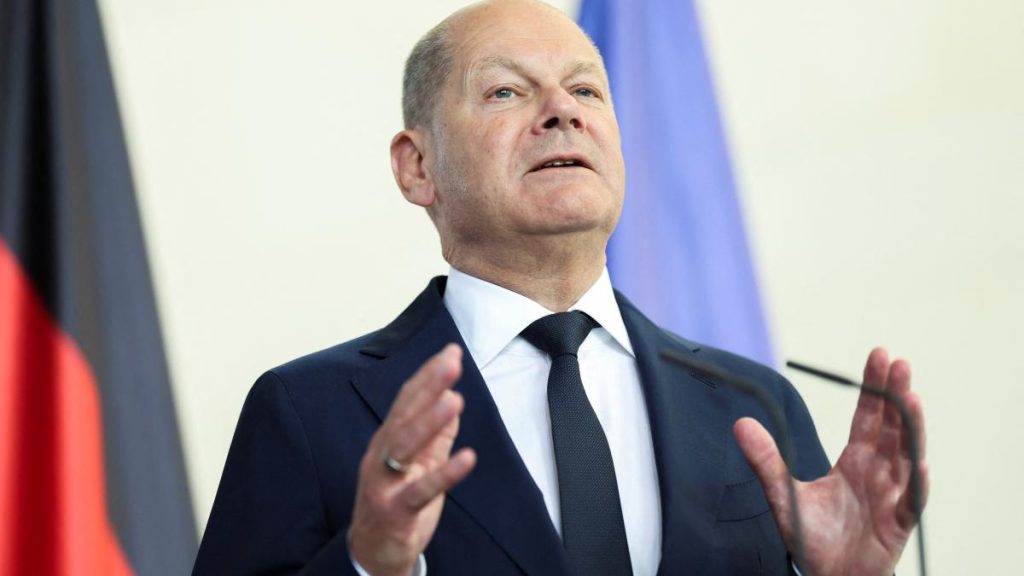German Chancellor Olaf Scholz stated that there is currently no reason to consider recognizing Palestine as a state. Instead, what is needed is a negotiated solution between Israel and the Palestinians leading to a two-state solution, according to the Chancellor. The German government, therefore, has no plans to recognize the Palestinian territories as a separate state. Scholz emphasized the importance of clarity on the territory and other related issues before considering recognition of Palestine as a state. He also highlighted the need for a Palestinian Authority responsible for the West Bank and Gaza, stressing that there is still a long way to go before reaching a two-state solution.
Recent announcements by Spain, Ireland, and Norway indicating their intention to recognize Palestine as a state by the end of May have caused outrage in Israel. However, Portugal, according to Prime Minister Luís Montenegro, will not take this step, although they did vote for Palestine to become a full member of the United Nations. The German Chancellor also addressed the requests for arrest warrants against Israeli Prime Minister Benjamin Netanyahu and Defense Minister Joav Galant by Chief Prosecutor Karim Khan of the International Criminal Court in The Hague. Scholz criticized the simultaneous submission of arrest warrants against the Hamas terrorist organization, rejecting any comparison between the two situations.
The German government voiced its concern over the actions of the Chief Prosecutor and emphasized the importance of allowing the judicial process to unfold. Scholz highlighted Germany’s view that Israel is a democratic country with a strong and independent judiciary, and the outcome of the process should be respected accordingly. The Chancellor urged for patience and abstained from speculating about the potential execution of the arrest warrants in Germany. Additionally, Scholz emphasized the need to avoid comparisons between different entities facing legal proceedings and stressed the importance of allowing the judicial process to proceed independently without speculation.
Scholz also mentioned the proactive role of Arab countries in the region to ensure security, expressing hope for progress towards a two-state solution. He emphasized that symbolic recognition of statehood is not the right path forward and reiterated the importance of a negotiated solution between Israel and the Palestinians as a step towards a peaceful resolution. The Chancellor highlighted the need to focus on achieving a long-term ceasefire and encouraging all involved parties to commit to a two-state solution. Scholz acknowledged the efforts of Arab countries in the region to promote stability, providing hope for the prospects of a peaceful resolution in the future.
The Chancellor’s statements highlight the German government’s position regarding recognition of Palestine as a state and its commitment to supporting a negotiated solution between Israel and the Palestinians. Germany, along with other countries, continues to engage in diplomatic efforts to promote peace and stability in the region. The government’s critical stance on the International Criminal Court’s actions against Israeli officials underscores its commitment to upholding democratic principles and respecting the rule of law. Overall, Scholz’s remarks reflect the ongoing complexities and challenges in the Israeli-Palestinian conflict, emphasizing the importance of diplomatic efforts to achieve sustainable peace in the region.


